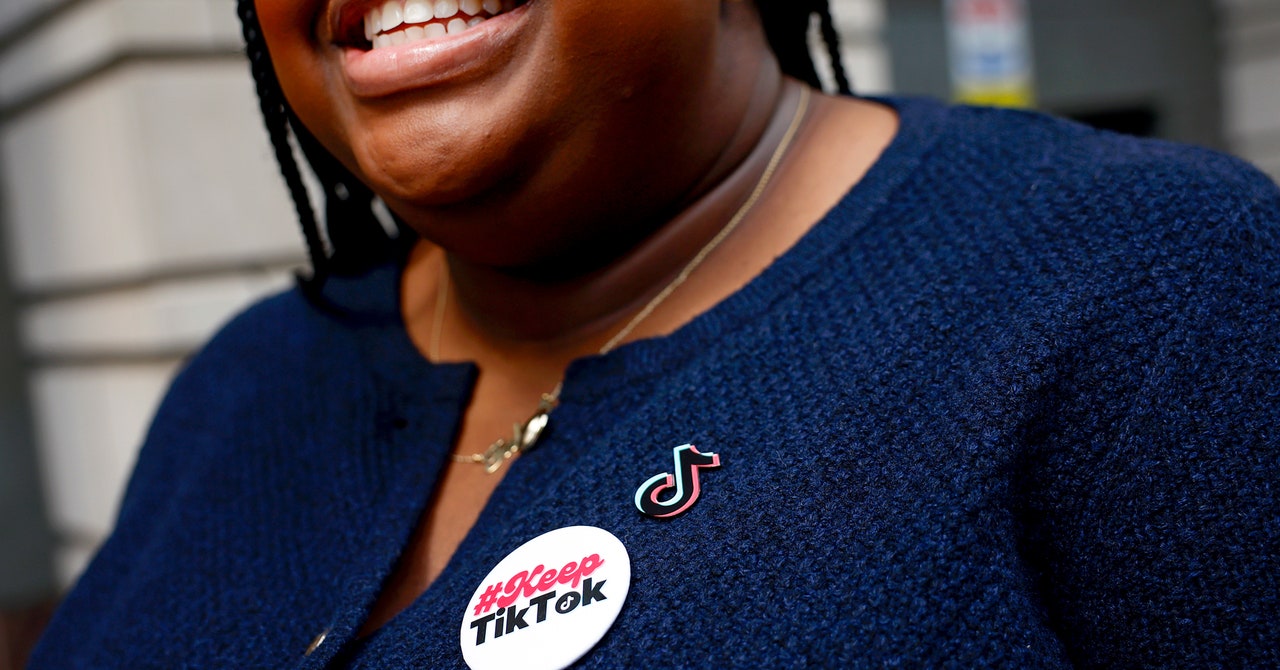Earlier in 2024 Spain briefly blocked Telegram after broadcasters claimed the app was distributing copyrighted material. Judge Santiago Pedras of Spain’s National Supreme Court said his decision to ban was based on Telegram’s lack of cooperation in the case.
The charges in France are very specific to the way Telegram works, says Arne Mollet, co-founder of the encrypted email service Tuta. “Of course it’s important to be independent, but at the same time it’s also important to comply with the authorities’ requests if they are valid,” he says. “It’s important to show [criminal activities are] something you don’t want to support with your privacy-oriented service.”
France’s decision to charge Durov is a rare move to link a tech executive to crimes committed on their platform, but it’s not without precedent. Durov joins the ranks of The Pirate Bay founders, who were sentenced by Swedish authorities to a year in prison in 2009, and German-born Megaupload founder Kim Dotcom, who finally lost a 12-year extradition battle in USA from home in New Zealand in August. He plans to appeal.
Yet Durov is the first of his generation of founders behind major social media platforms to face such dire consequences. What happens next will hold lessons for all of them.
Bastien Le Querrec, legal officer at the French digital freedom group La Quadrature du Net, does not defend Telegram’s lack of moderation. But he is concerned that the case against Durov reflects the enormous pressure social media and messaging apps are currently under to cooperate with law enforcement.
“[The prosecutor] refers to a provision in French law that requires platforms to disclose any useful document that could allow law enforcement to intercept communications,” he says. “As far as we know, this is the first time a platform, regardless of its size, will be prosecuted [in France] because he refused to disclose such documents. This is a very worrying precedent.”




